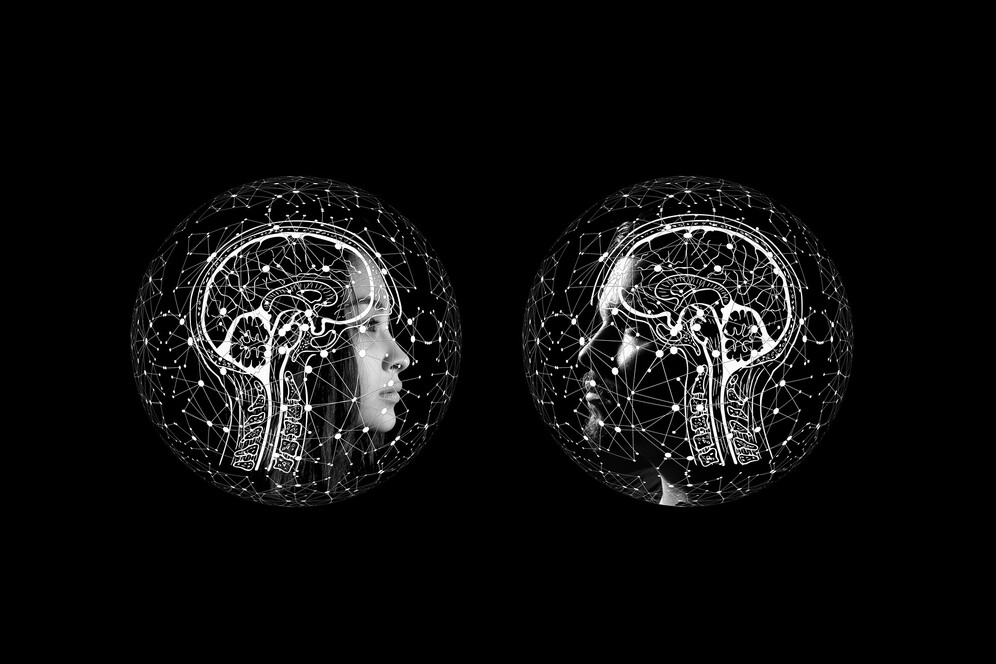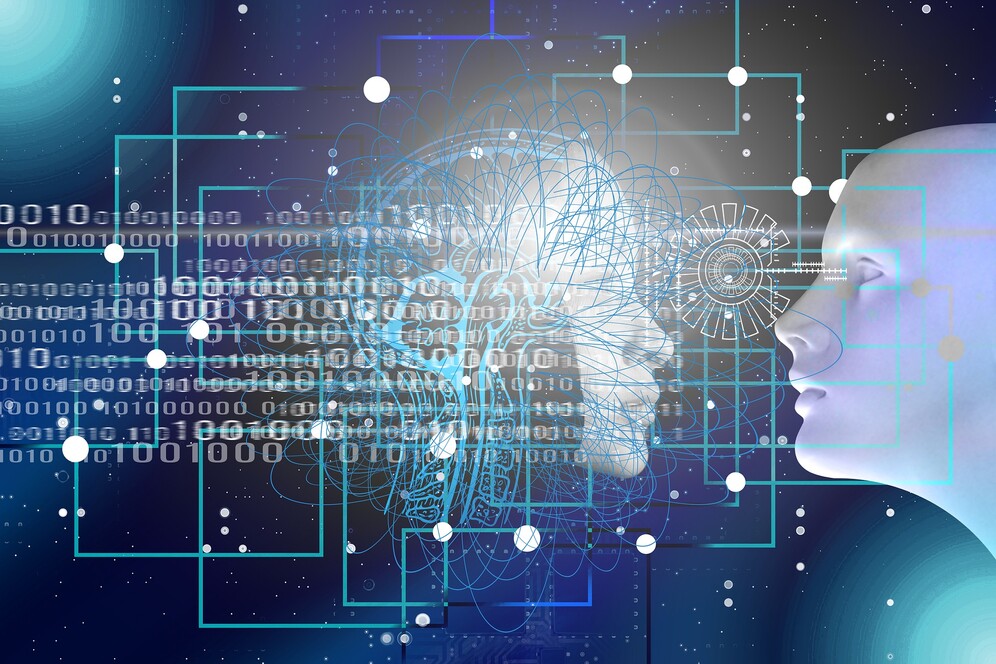“The Matrix Has You”: Are We On The Way To Cloud-Based Mega-Minds?

“The matrix has you,” these words chase Keanu Reeves’ character in his fight with the simulated reality, in the Matrix movie. The virtual reality is created to distract humans while intelligent machines consume their energy. Although connecting human minds to smart devices sound like a fantasy, scientists have stirred up debate among people claiming we are pretty close to creating a real matrix. They suggest Borg-like human brain networks connected to artificial intelligence, will be one of the greatest advancements of the 21st century. Still, a question arises: what if we lose control over the network?
Although past centuries have seen significant advancements in the human ability to find and process information, we are still significantly constrained by our brain’s natural limits. Thus, it seems we will never be able to defeat artificial intelligence, furnished with all the knowledge of the previous generations and able to analyse massive loads of data within seconds.

Any intelligence services officer will tell you — if you cannot achieve something yourself, you can always peek and see how your adversary does it. This approach was widely used for the proliferation of nuclear weapons. As for artificial intelligence, its main advantages over the human brain are the storage capacity and speed. In other words, while the capacity of your brain limits you, AI can store and process the knowledge of virtually all the people that live or have ever lived on earth.
So, why don’t we unite the power of our natural brains to keep the AI in its place? After all, they say two minds are better than one, don’t they? And how about millions of minds? Or even billions of minds…
In separate sets of experiments, Miguel Nicolelis and his colleagues at Duke University connected the brains of macaque monkeys and rats into networks and made the animals collectively perform tasks. While the monkeys were taught to control a virtual arm collectively, the rats performed a simple weather forecasting task. The outcomes were quite surprising. In both experiments, the animals tended to synchronize their brain activities and performed better as a “collective mind”.
Not all tests successful on animals can be reproduced on humans just as well. Still, scientific progress has already gone further to create a primitive human brain network. In a 2018 experiment by Andrea Stocco and his colleagues, three people sitting in different rooms and connected into a brain network through electronic and magnetic brain impulses collaboratively played a Tetris-style game. The average accuracy of such a brain collaboration turned out to be more than 81%, which is pretty impressive for a first try.
The development of such Borg-like networks, but in a much more complex form, might be the first step towards the matrix — the world where humans merge with AI. Still, in the matrix envisaged by the futurists like Elon Musk, these are people who take the ultimate control over artificial intelligence rather than vice versa.
A new research paper by the scientists from UC Berkeley suggests a human brain/cloud interface created with the use of nanorobots might come about in the next few decades.
says Robert Freitas Jr., leader of the research group. “They would then wirelessly transmit encoded information to and from a cloud-based supercomputer network for real-time brain-state monitoring and data extraction.”
“A human B/CI system mediated by neural nanorobotics could empower individuals with instantaneous access to all cumulative human knowledge available in the cloud, while significantly improving human learning capacities and intelligence,” adds Dr Nuno Martins, the study’s other lead author.
Apart from upgrading our mental abilities, creating a mega-mind might also drive us forward in understanding and controlling our bodies. According to Miguel Nicolelis, the results of their research with monkeys and rats could potentially be used to link paralysed patients with healthy people to help them relearn how to move or to enable patients to control robotic limbs or exoskeletons with their minds.
Some scientists suggest brain-connective technologies will boost democracy and connect people across cultures. In a 2018 interview, Elon Musk highlighted his Neuralink venture, working to connect the human brain to a cloud, seeks to “redefine what future humans will be.” Musk’s goal is to help humanity “achieve a symbiosis with artificial intelligence and to achieve a democratisation of intelligence such that governments and large corporations do not monopolistically hold it.”
Suppose we follow this logic, while fostering democratic principles. In that case, the worldwide brain/cloud interface will also remove cultural barriers among people from around the globe — we all will be the carriers of the world heritage stored on the cloud. Looks like a perfect dream of a globalist. Nonetheless, there are as many questions that arise in our curious minds.
Besides, the removal of cultural barriers, no matter how fashionably globalist it sounds, might also be an issue of great concern. Well, such an approach might look like a solution to stop international conflicts and bring people from around the globe closer together. But at the same time, it might destroy cultural diversity — one of the unique characteristics of humanity.

No matter whether AI-connected mega-mind would make our life better or not, we are to preserve reason. This is what distinguishes us from the matrix, after all.